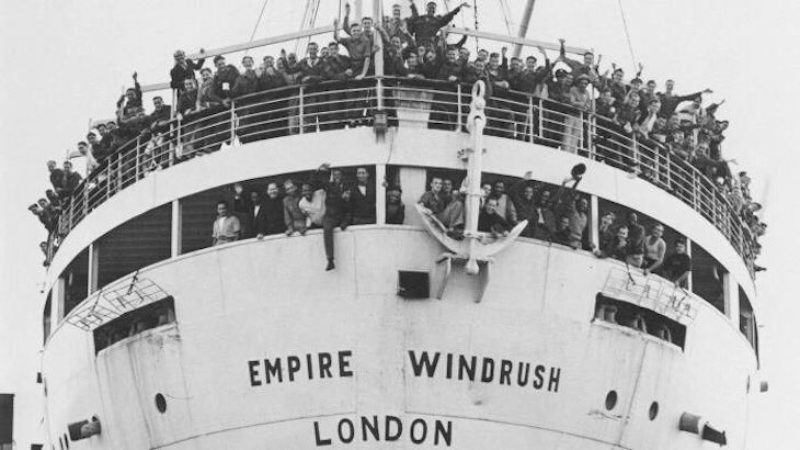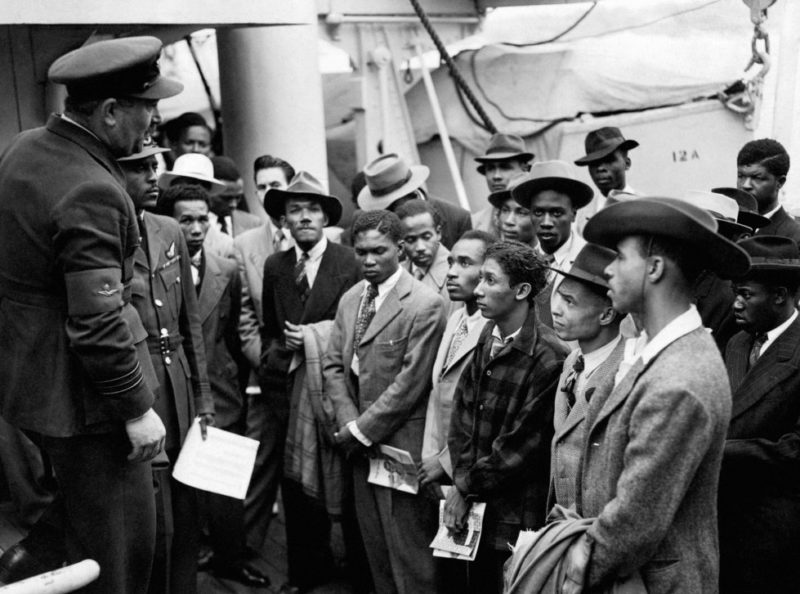
It is common to be asked a few months into a new job what your main learnings have been and how you are enjoying the role. As of today, I have served 150 days as the newest ward councillor for New Cross.
It has been a whirlwind, as was the campaigning in the lead-up to polling day. I find it difficult to recall what my ‘evenings’ were like prior to council meetings and casework!
Imagine how new arrivals from the Caribbean felt after 150 days, when stepping foot in England for the first time as part of the Windrush era. Or how they felt after a year, or even half a lifetime.
My mother often recounts her story of arriving in Southampton in December 1961, aged 12, 21 days after setting sail from Dominica, the Caribbean island where she grew up. The ticket cost £75 and she was accompanied by a guardian. Dressed in clothing appropriate for the Dominican weather, she was met by her mother, who presented her with a cardigan to wear over her dress.
Secondary school – that’s when, for her, difference became clear and racism set in. The 1960s education system, the lack of interest and attention from teachers, the teasing and outright hostility from many of the schoolgirls, and the overall sense of no hope and very low expectations. This was all alongside the introduction of the ‘special’ schools policy, which labelled children, and in particular children of the Windrush generation, ‘educationally sub-normal’.

Though things have changed, that pace of change has been laboriously slow. I can’t believe in 2021 we are still speaking about equality, diversity and inclusion. Shouldn’t we have learnt those valuable lessons by now? Shouldn’t we understand that discrimination and marginalisation is plain wrong and causes societal fractures? That is why Black History Month is such a crucial time, particularly for remembering the experiences of others and in educating ourselves about those who came before us.
I have always been intrigued by Africa. In one story it is referred to as the ‘dark continent’, in another it is the ‘known birthplace of mankind’. In one story there is no history or culture of note, in another there is the possession of 1000 Benin Bronzes dating back to 14th century, looted from the Royal Palace of the Edo Kingdom in the 18th century These are still ‘housed’ in the British Museum to this day. Conflicting stories only confuse and devalue.
Documenting history and experiences, be that through a photograph, a diary or journal, a piece of poetry, a book, or just a quote, is so valuable in sustaining a person’s presence on this earth.
Since becoming a councillor in New Cross it has been immensely inspiring to hear about local history and activism, and an honour to celebrate the local heroes who already have made an impact, and still continue to do so. Those such as Sybil Phoenix MBE who founded the Moonshot Club in New Cross and, in 1973, was the first black woman to be awarded an MBE. Or the New Cross fire campaigners who, alongside the wider local community, came out against the National Front march in 1977, at the Battle of Lewisham.
My father in-law arrived in England from Jamaica in the 1950s as a young child. Fifty years later he had to account for and prove his British citizenship as a result of the Hostile Environment. 20 years earlier it was his local MP, Diane Abbott, who had written him a letter, which was then ultimately used as evidence to support his case.
The stories above highlight why I became a Labour councillor – place, education, inclusion, empowerment and the pursuit of happiness for all – and why I will always be an advocate for challenging racism and inequality.
“Not everything that is faced can be changed, but nothing can be changed until it is faced.” ― James Baldwin

